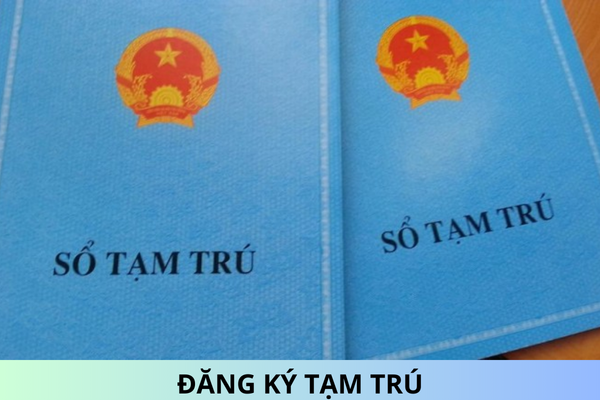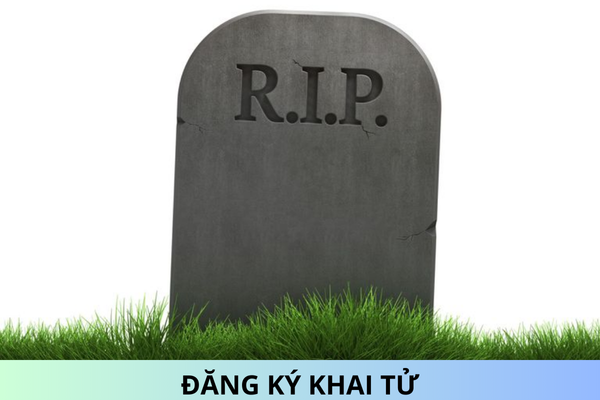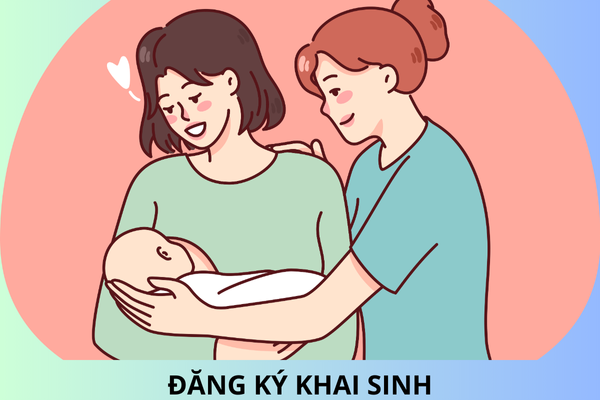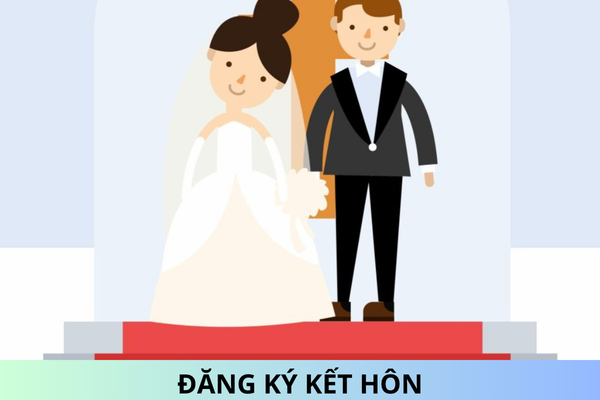If juridical person is dead, can criminal charge be filed in Vietnam? When the juridical person dies, who will pay compensation in Vietnam?
If juridical person is dead, can criminal charge be filed in Vietnam? When the juridical person dies, who will pay compensation in Vietnam?
Last week, when I came home from work, I heard that Mr. As a result, both people died on the spot. It is known that before he died, this neighbor left his wife all his assets in his will. My question is, if the juridical person is dead, can the case be prosecuted? When the juridical person dies, who will pay compensation?
If juridical person is dead, can criminal charge be filed in Vietnam?
In Article 157 of the 2015 Criminal Procedure Code, amended by Clause 4, Article 1 of the Law amending and supplementing a number of Articles of the 2021 Criminal Procedure Code on justifications of the decision not to press criminal charges, specifically as follows:
A criminal charge shall not be filed in the presence of one of these justifications:
1. Criminal acts do not exist;
2. Acts do not constitute crime;
3. Persons committing dangerous acts against the society have not reached the age of criminal responsibility;
4. Persons whose criminal acts have been sentenced or lawsuits have been dismissed validly;
5. The prescriptive period for criminal prosecution passes;
6. General amnesty has been granted;
7. The person causing peril against the society is deceased, unless other persons must undergo reopening procedure;
8. Crimes specified in Clause 1, Articles 134, 135, 136, 138, 139, 141, 143, 155 and 156 of the Criminal Code for which the victim or the victim's representative does not request prosecution.
According to this Article, in this case, when the person who committed the crime has died, a criminal case will not be prosecuted unless a retrial is necessary for another person in Vietnam.

If juridical person is dead, can criminal charge be filed in Vietnam? When the juridical person dies, who will pay compensation in Vietnam? (Image from the Internet)
When the juridical person dies, who will pay compensation in Vietnam?
Pursuant to Article 584 of the 2015 Civil Code, it stipulates grounds giving rise to liability to compensate for damage, as follows:
1. A person intentionally or unintentionally harming the life, health, honor, dignity, reputation, property, or other legal rights or interests of a person, must compensate for such damage, unless otherwise prescribed in this Code or relevant laws.
2. The person who causes damage shall be discharged from liability for compensation in case where the damage incurs due to force majeure events or at entire fault of the aggrieved person, unless otherwise agreed or otherwise prescribed by law.
3. If a property causes damage, its owner or possessor must compensate for the damage, except for the damage prescribed in Clause 2 of this Article.
According to Article 615 of the 2015 Civil Code on performance of property obligations left by deceased, accordingly:
1. A person entitled to an inheritance has the responsibility to perform the property obligations within the scope of the estate left by the deceased, unless otherwise agreed.
2. Where an estate has not yet been divided, the property obligations left by the deceased shall be performed by the administrator of the estate as agreed by the heirs.
3. Where an estate has already been divided, each heir shall perform those property obligations left by the deceased corresponding to, but not exceeding, that part of the estate that the heir has inherited, unless otherwise agreed.
4. Where the heir inheriting an estate under a will is not a natural person, it must perform the property obligations left by the deceased in like manner as a natural person.
In addition, Article 591 of the 2015 Civil Code stipulates damage caused by harm to life:
1. Damage caused by harm to life shall comprise:
a) Damage caused by harm to life prescribed in Article 590 of this Code;
b) Reasonable funeral costs;
c) Support for the dependants of the aggrieved person;
d) Other damage as prescribed by law.
2. A person causing death to another person must pay compensation for damage as provided in Clause 1 of this Article together with an amount of money as compensation for mental suffering of the closest relatives in the first line of succession to the deceased. If there are no such relatives, this sum shall be paid to the persons who were directly reared by the deceased or to the persons who directly reared the deceased. The amount of compensation for mental suffering shall be as agreed by the parties; if the parties are not able to agree, the maximum sum shall not exceed one-hundred-month base salary prescribed in by the State.
Thus, when the offender dies and leaves his entire will to his wife, the wife is responsible for fulfilling the obligation to compensate Mr. T's family for the damage the husband caused by harming the life in Vietnam.
Best regards!










